Hangzhou was an imperial capital of ancient China and the southern terminus of the Grand Canal. It is believed to have been the world's most populous city at some points in history, and its beauty and magnificence were even described by Marco Polo in his "Il Milione" seven centuries ago. Hangzhou is currently one of China's wealthiest cities and remains widely regarded as its most beautiful.
West Lake in Hangzhou is one of the biggest tourist attractions for Chinese people, with a multitude of historical and literary associations as well as classical Chinese beauty
. But how impressive can a lake with a 7-mile circumference surrounded by a modern boomtown be, I wondered. Now that I've seen it, I understand - it's absolutely lovely. With clean water and pristime lotus-filled ponds, ancient causeways on the lake, beautiful landcaping and classical gardens, temples, pagodas and museums, ancient steles and modern statues along its shores, West Lake is a place surreally perfect in a way one would never expect of China, one where everything that surrounds it is polished to a shine and there are no signs of the impoverished street vendors, wash lines, roadside rubbish, or floating debris that are so widespread elsewhere. Ultimately, neither the crush of the crowds nor even the searing 40*C (104*F) heat that created sweat stains on my shirts that looked like Jesus's face on the Shroud of Turin when they finally dried were able to quash my enjoyment of West Lake.
The same is true of for my hostel in Hangzhou. My accommodations in China were a mix of hotels and hostels. Whereas in Europe $25/night ($40 in London) gets you a bunk in a hostel in a room with at least three other people, in most places in China is gets you a private room in a fairly basic hotel or hostel, so I mostly stayed on my own. In Hangzhou, though, I decided to go the shared room route for $6/night so I could justify spending more on the cuisine I described in my Shanghai to Hangzhou/Eastern Food entry. The Ming Garden Youth Hostel must be one of the most beautiful and atmospheric places to stay in China, almost like a boutique hotel, built fairly recently but built in a traditional style with white walls, black tiled roof, stone courtyards, and wooden balconies
. It is also ideally located on one of the causeways just off West Lake and surrounded by peaceful gardens and lotus filled ponds.
When it's as hot as it was through eastern China, no amount of water seems capable of eliminating thirst, but Chinese beer is able to do the trick. At between 2.3% and 3.1% alcohol concentration, Chinese beers seem to have mostly a hydrating effect, the drinker feeling sick and bloated from the volume of liquid long before feeling much effect from the alcohol. At least that's the effect Chinese beer has on me and was my poison of choice in China since neither Chinese wine nor spirits are very palatable.
I have to say that I find much new development in China to be silly in a Las Vegas sort of a way. In Hangzhou I wandered into an exhibition (real estate showroom) for Guangshia Tiandu New City, to be built northeast of Hangzhou in the "Parisian Style" of architecture with a mini-Eifel Tower and a chateau on a hill surrounded by vineyards. Similarly, the urban planning exhibit in Shanghai featured new satellite cities to be built in the Spanish, Venetian, and Nordic styles, while on the outskirts of major cities developers are also building closely-packed American-style suburban houses in very poor imitations of Georgian and Tudor styles, apparently all designed consistent with principles of good Feng Shui. I can't help but wonder what's wrong with native Chinese flourishes in residential architecture; why must upturned eaves and dark tiled roofs be confined to shopping malls and hotels?
Hangzhou, China - Part II
Wednesday, August 01, 2007
 Hangzhou, Zhejiang, China
Hangzhou, Zhejiang, China
Other Entries
-
69Onward to Beijing, China
Jul 0725 days prior Huairou, Chinaphoto_camera48videocam 0comment 0
Huairou, Chinaphoto_camera48videocam 0comment 0 -
70Beijing, China
Jul 0824 days prior Beijing, Chinaphoto_camera121videocam 0comment 0
Beijing, Chinaphoto_camera121videocam 0comment 0 -
71Yonghedong Monastery, Beijing
Jul 0923 days prior Beijing, Chinaphoto_camera13videocam 0comment 0
Beijing, Chinaphoto_camera13videocam 0comment 0 -
72Summer Palace, Beijing
Jul 1022 days prior Beijing, Chinaphoto_camera89videocam 0comment 0
Beijing, Chinaphoto_camera89videocam 0comment 0 -
73Tianjin, China
Jul 1121 days prior Tianjin, Chinaphoto_camera49videocam 0comment 0
Tianjin, Chinaphoto_camera49videocam 0comment 0 -
74Tai Shan Mountain, China
Jul 1319 days prior Tai'an, Chinaphoto_camera89videocam 0comment 0
Tai'an, Chinaphoto_camera89videocam 0comment 0 -
75Qufu, China
Jul 1418 days prior Qufu, Chinaphoto_camera52videocam 0comment 0
Qufu, Chinaphoto_camera52videocam 0comment 0 -
76Nanjing, China
Jul 1616 days prior Nanjing, Chinaphoto_camera148videocam 0comment 0
Nanjing, Chinaphoto_camera148videocam 0comment 0 -
77Suzhou, China
Jul 1814 days prior Suzhou, Chinaphoto_camera72videocam 0comment 0
Suzhou, Chinaphoto_camera72videocam 0comment 0 -
78Tongli, China
Jul 1913 days prior Tongli, Chinaphoto_camera64videocam 0comment 0
Tongli, Chinaphoto_camera64videocam 0comment 0 -
79Shanghai, China
Jul 2111 days prior Shanghai, Chinaphoto_camera163videocam 0comment 0
Shanghai, Chinaphoto_camera163videocam 0comment 0 -
80Shanghai - Huangpu Cruise and the Bund
Jul 2210 days prior Shanghai, Chinaphoto_camera125videocam 0comment 0
Shanghai, Chinaphoto_camera125videocam 0comment 0 -
81Shanghai - Pudong Future World
Jul 239 days prior Pudong, Chinaphoto_camera165videocam 0comment 0
Pudong, Chinaphoto_camera165videocam 0comment 0 -
82Shanghai to Hangzhou - Eastern Chinese Food
Jul 248 days prior Shanghai, Chinaphoto_camera27videocam 0comment 0
Shanghai, Chinaphoto_camera27videocam 0comment 0 -
83Putuo Shan, China
Jul 275 days prior Putuoshan, Chinaphoto_camera152videocam 0comment 1
Putuoshan, Chinaphoto_camera152videocam 0comment 1 -
84Ningbo, China
Jul 284 days prior Ningbo, Chinaphoto_camera13videocam 0comment 1
Ningbo, Chinaphoto_camera13videocam 0comment 1 -
85Hangzhou, China - Part I
Jul 302 days prior Hangzhou, Chinaphoto_camera151videocam 0comment 0
Hangzhou, Chinaphoto_camera151videocam 0comment 0 -
86Hangzhou, China - Part II
Aug 01 Hangzhou, Chinaphoto_camera79videocam 0comment 0
Hangzhou, Chinaphoto_camera79videocam 0comment 0 -
87Hong Kong, China
Aug 032 days later Hong Kong, Chinaphoto_camera245videocam 0comment 0
Hong Kong, Chinaphoto_camera245videocam 0comment 0 -
88Hong Kong's Victoria Peak
Aug 043 days later Hong Kong, Chinaphoto_camera59videocam 0comment 0
Hong Kong, Chinaphoto_camera59videocam 0comment 0 -
89Sunday on Hong Kong Island's South Shore
Aug 054 days later Hong Kong, Chinaphoto_camera48videocam 0comment 0
Hong Kong, Chinaphoto_camera48videocam 0comment 0 -
90Markets of Hong Kong
Aug 065 days later Hong Kong, Chinaphoto_camera21videocam 0comment 0
Hong Kong, Chinaphoto_camera21videocam 0comment 0 -
91Lantau Island, Hong Kong, China
Aug 076 days later Lantau, Chinaphoto_camera123videocam 0comment 0
Lantau, Chinaphoto_camera123videocam 0comment 0 -
92Macau, China
Aug 087 days later Macau, Chinaphoto_camera102videocam 0comment 0
Macau, Chinaphoto_camera102videocam 0comment 0

 Hangzhou, Zhejiang, China
Hangzhou, Zhejiang, China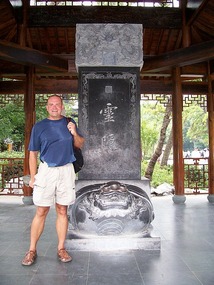
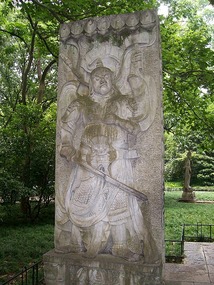

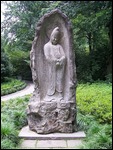
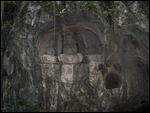
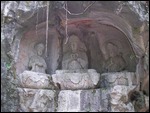
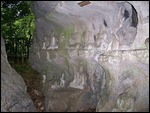
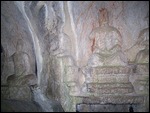
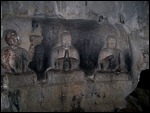
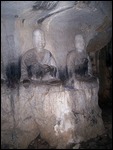
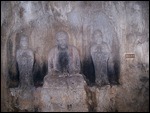
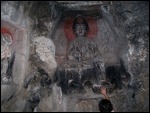
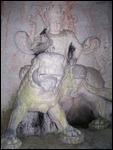
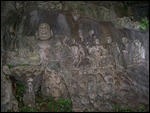
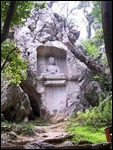
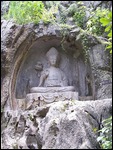
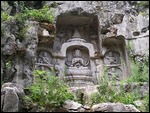
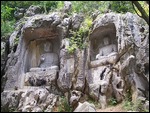
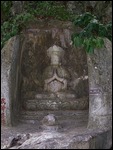
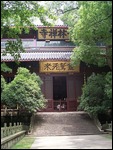
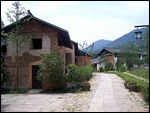
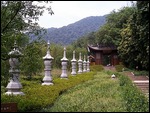
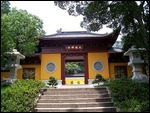
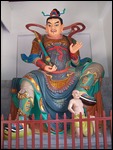
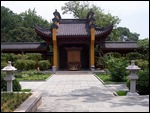
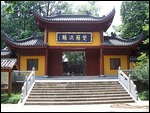
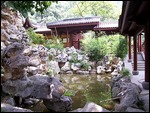
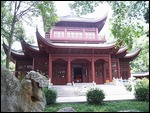
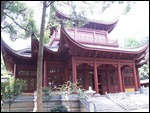
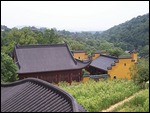
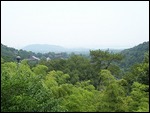
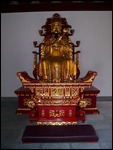
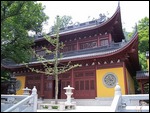
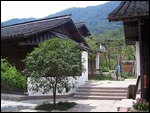
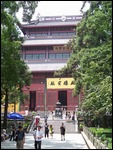
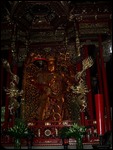
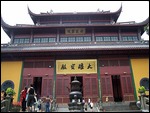
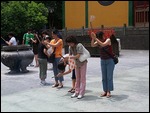
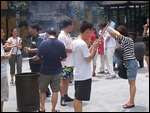
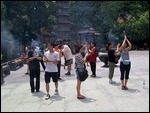
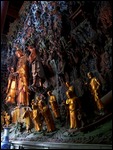
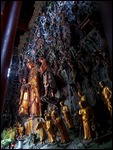
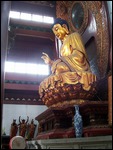
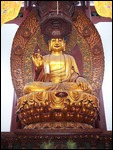
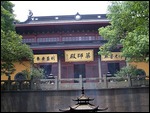
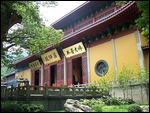
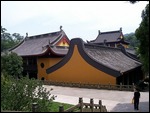
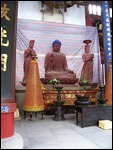
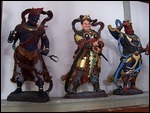
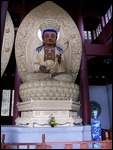
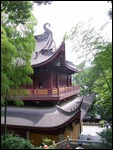
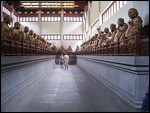
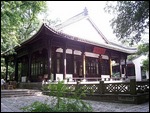
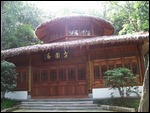
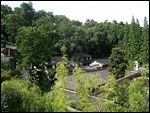
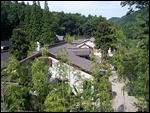
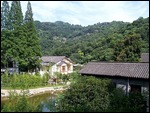
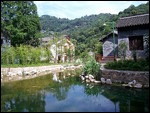
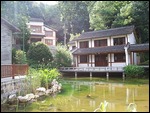
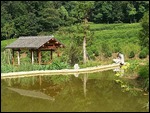
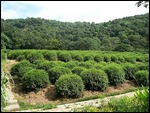
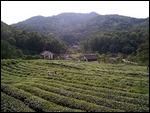
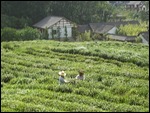
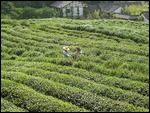
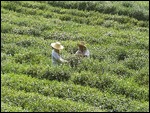
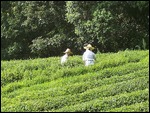
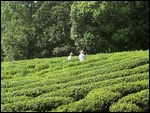
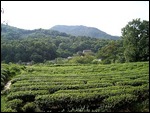
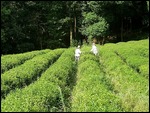
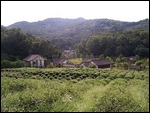
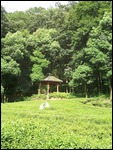
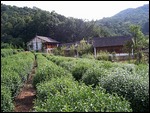
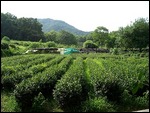
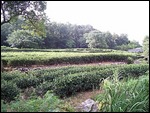
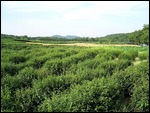
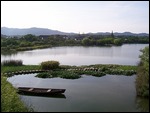
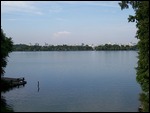
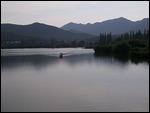
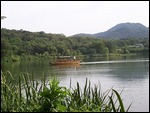
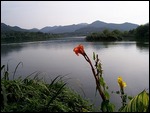
2025-05-23